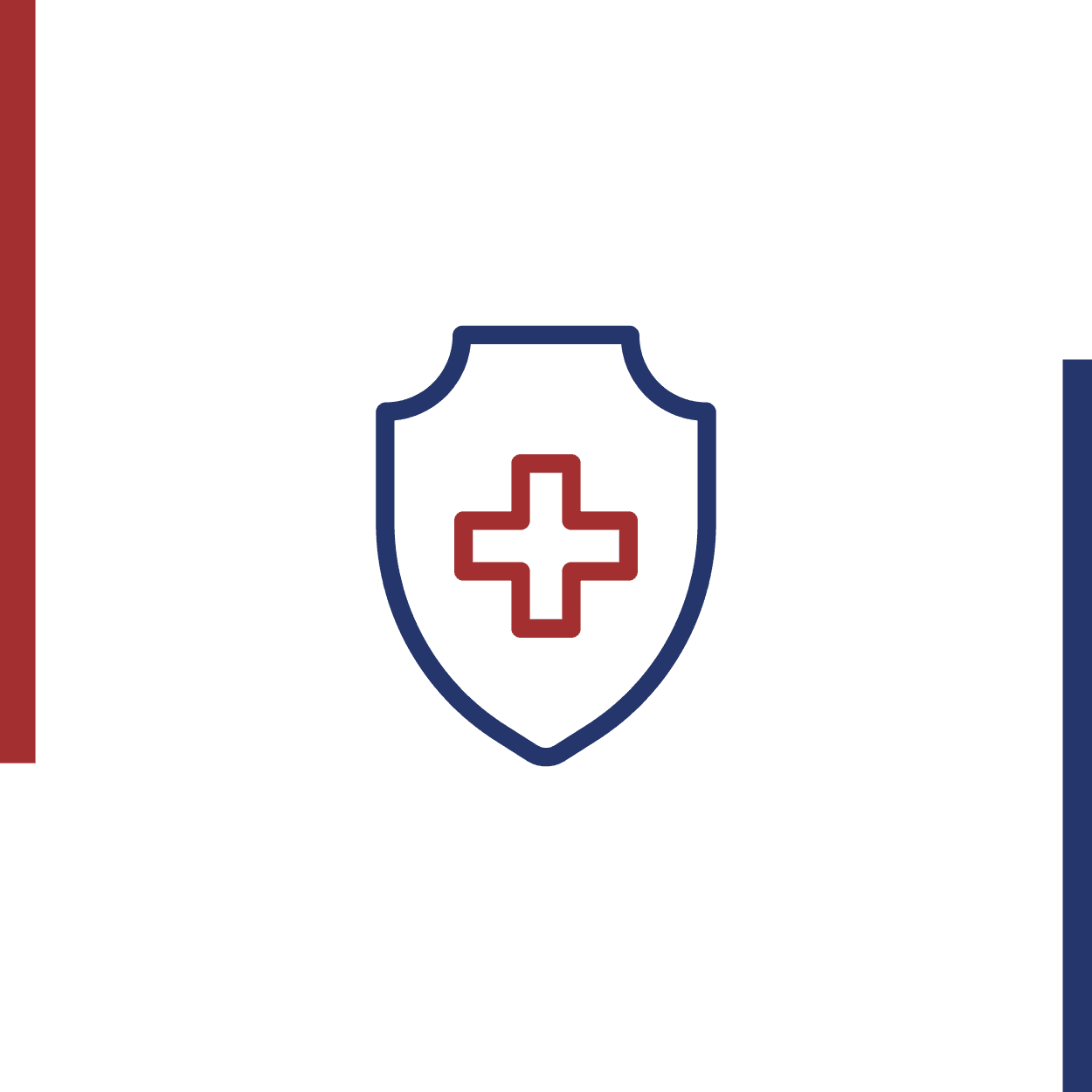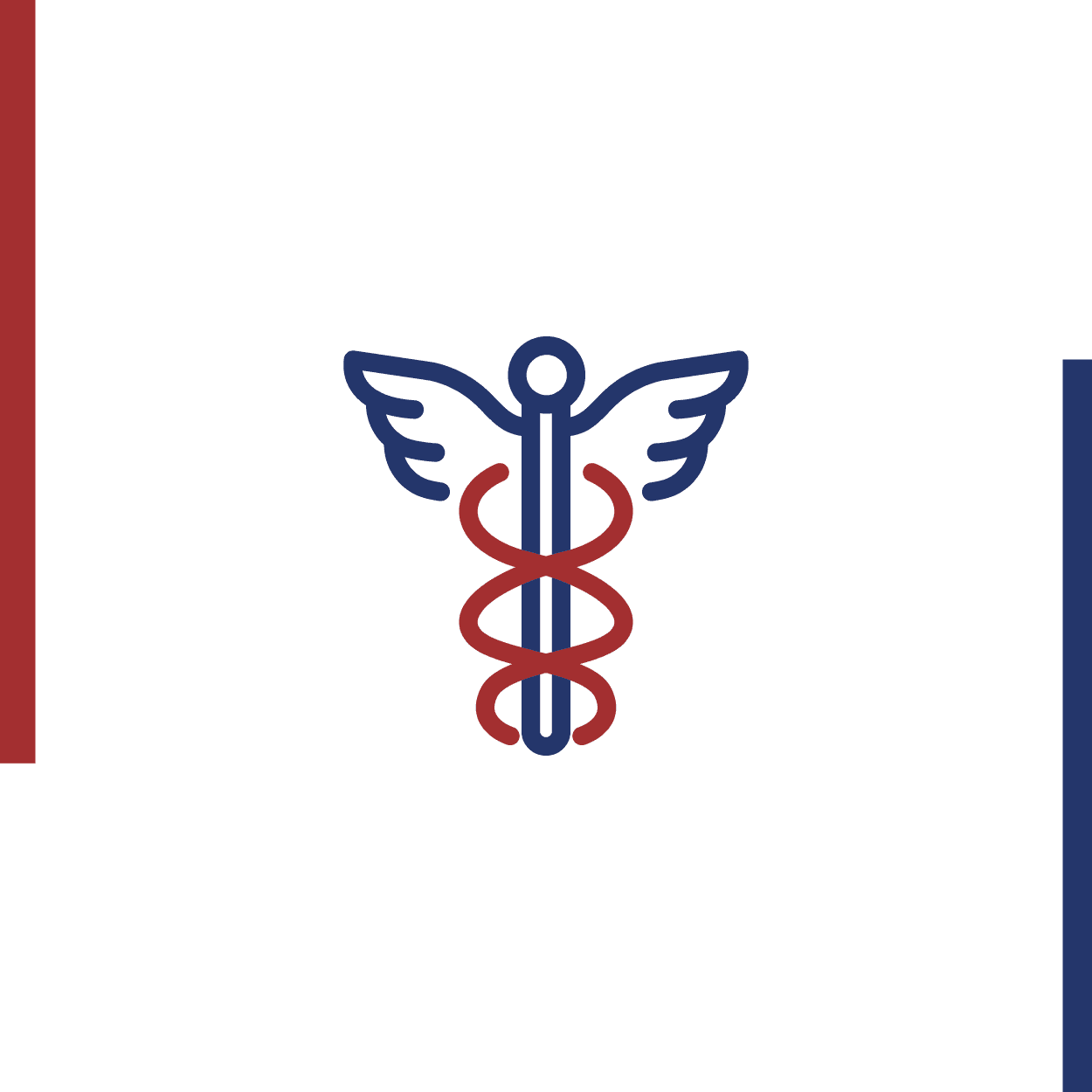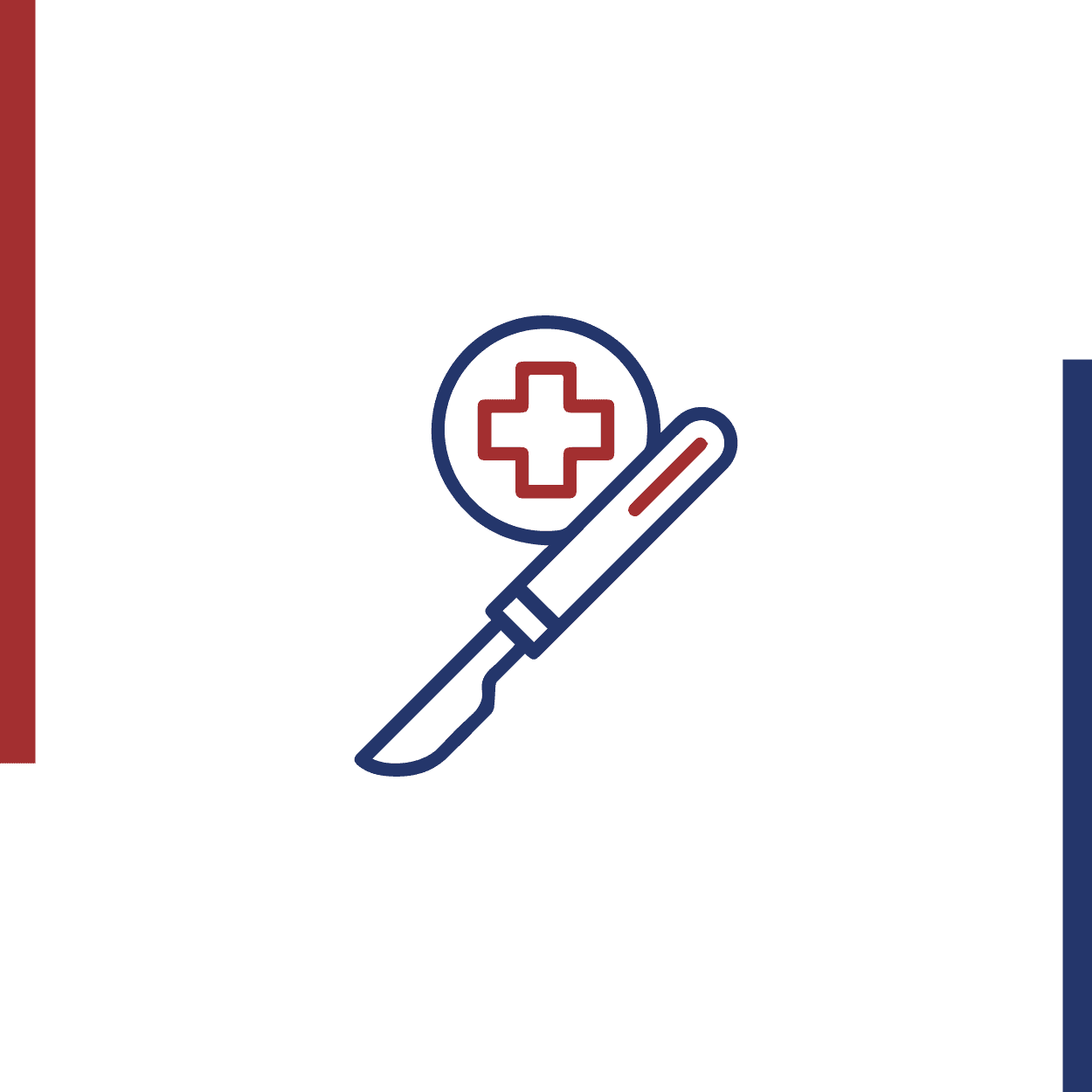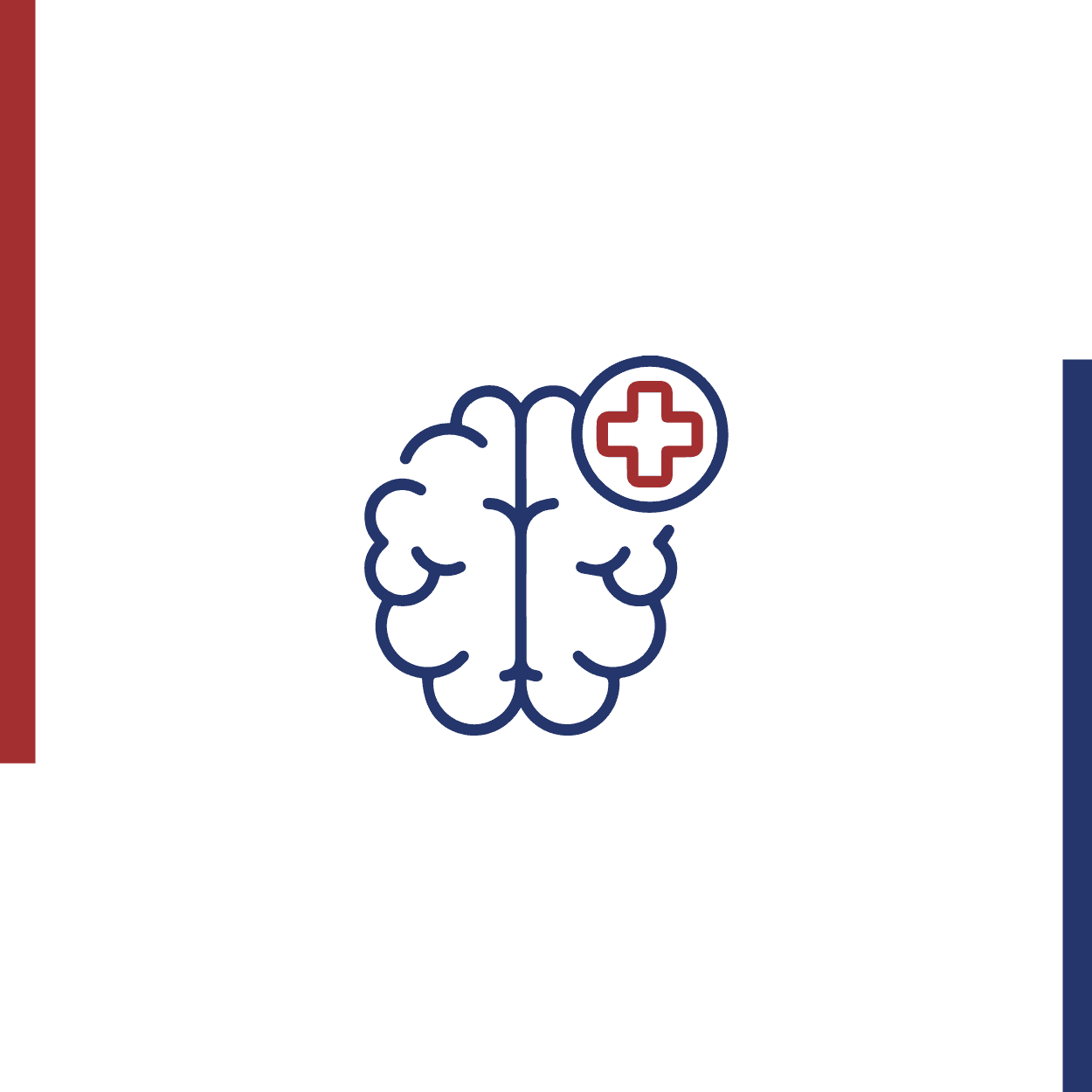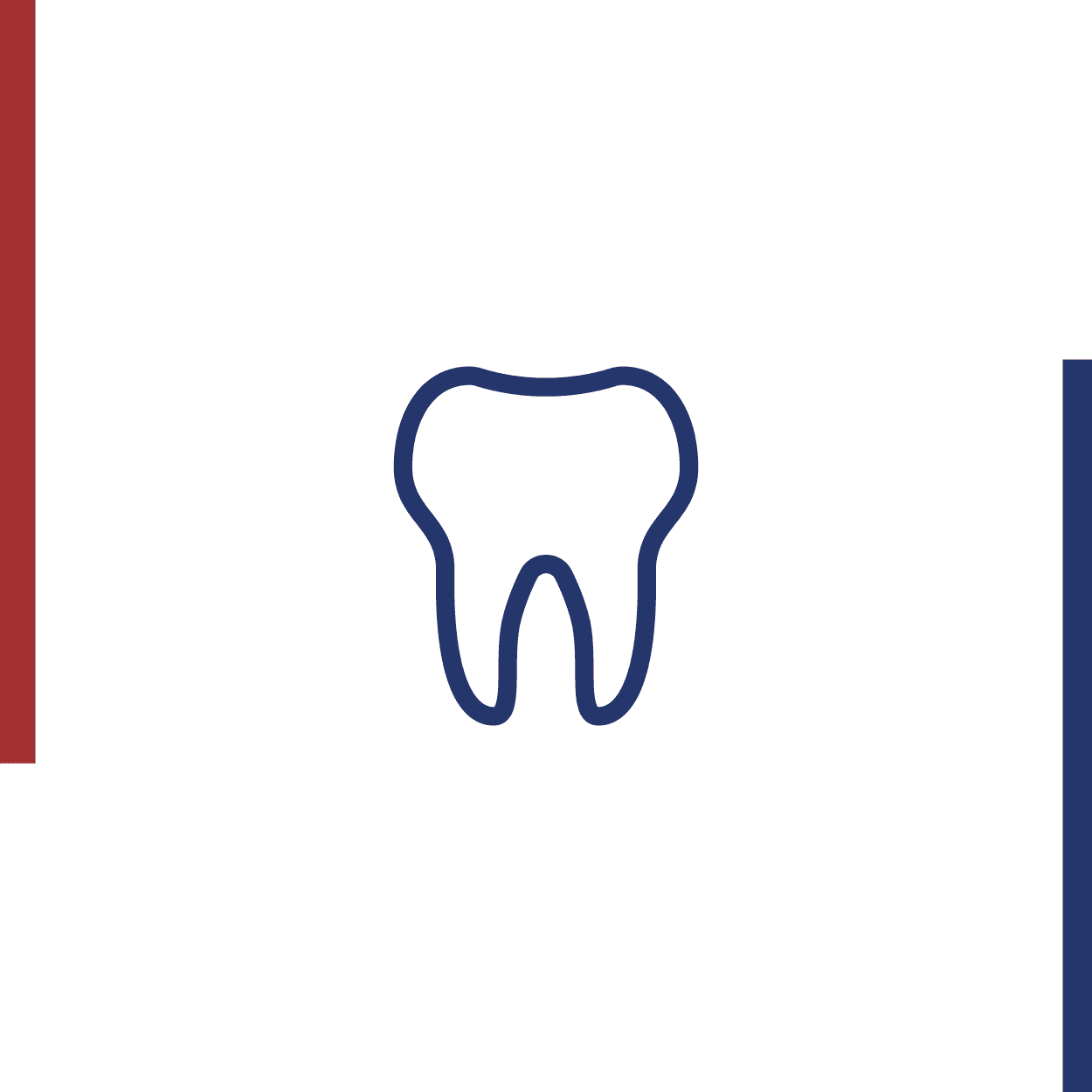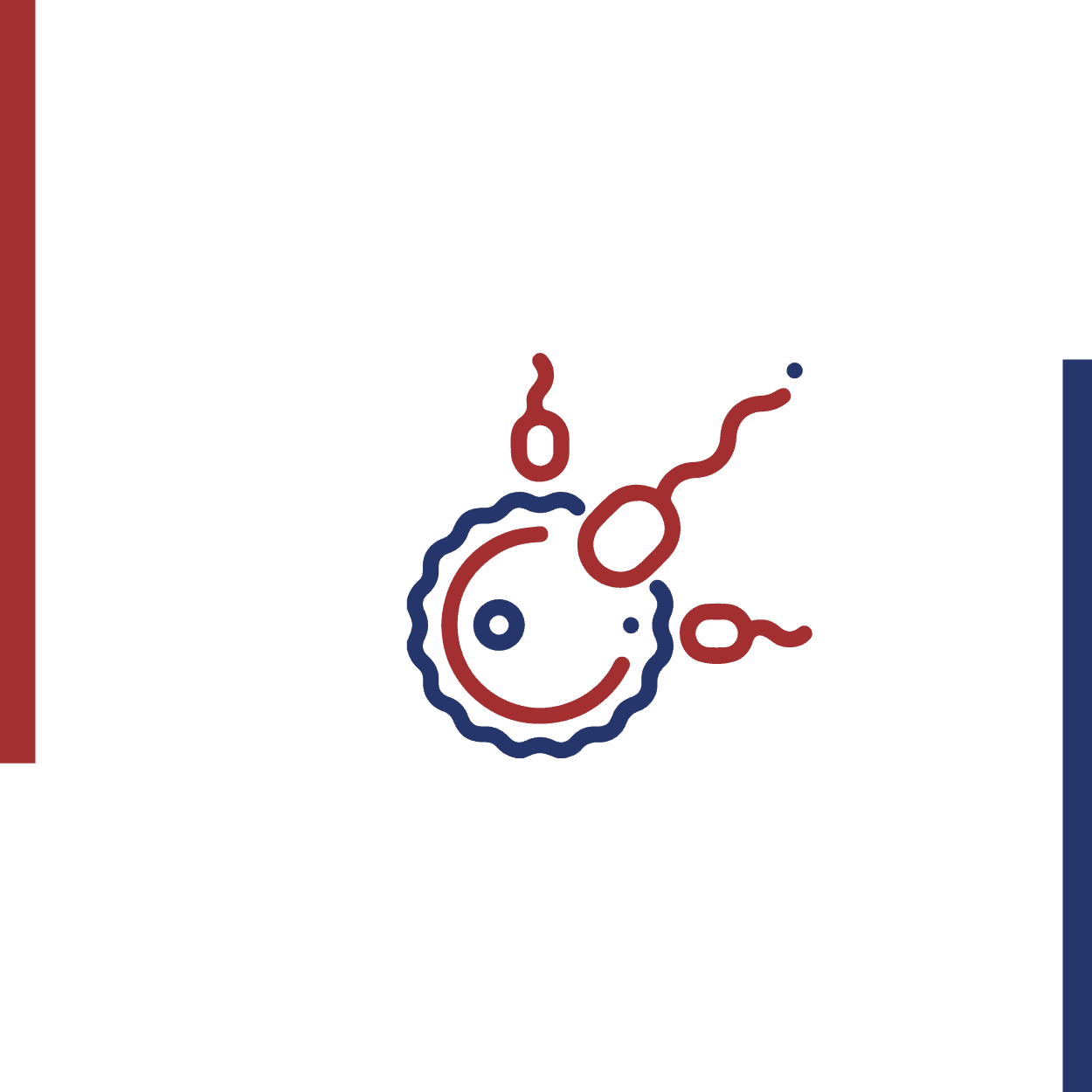Snoring Clinic

General information
The Snoring Clinic provides diagnosis and treatment of sleep apnea, a dangerous disorder of breathing occurring during sleep, that can lead to other disorders and can result in death.
Incidences of sleep apnea occur in approximately 25% men and 10% women. Although patients suffering from apnea can be found in all age groups, this condition occurs with increasing age and is often found especially in those who are over 40 years old.
Sleep apnea is more common in people who are overweight, or who possess physio-anatomical traits that can more easily result in respiratory obstruction, such as when the soft palate muscles relaxes or droops, when tonsils are especially large, or when the jaw is abnormally small.
Most patients do not usually notice irregularities on their own while sleeping, but often their spouse or others close to them are the ones to discover this abnormality. Important symptoms of sleep apnea are as follows:
- Snoring
- Night sweat
- Light and restless sleep
- Abrupt awakenings due to choking with shortness of breath
- Dry or sore throat when wakening
- Headache in the morning after waking up
- Change in personality or concentration, forgetfulness or irritability
- Feeling sleepy or tired and experience intense fatigue during the day
- Sexual dysfunction
Sleep Apnea
If not treated, apnea can affect your physical and mental wellbeing. Patients are unusually sleepy during the day with learning difficulties, resulting in work inefficiency and more accidents compared to others. Additionally, sleep apnea patients are also more prone to other diseases such as high blood pressure, diabetes, stroke, myocardial ischemia, arrhythmia and obesity as well.
The doctor can diagnose sleep apnea from examining the patient’s sleep history and by diagnosing abnormalities during sleep with the polysomnogram (PSG), whereby the patient is requested to sleep in a private bedroom for one night during which time information will be gathered with regards to the electrical brain waves, eye movements, muscle movement, heartbeat, breathing, amount of oxygen in the blood stream by attaching metal electrodes to the head and face area, and attaching sensors to the nose, legs, chest and abdomen, for diagnosis and assessment of the severity of sleep apnea.
Preparing for your sleep assessment test
- Avoid napping during the day of your appointment in order to be able to sleep during the assessment
- Avoid alcohol and caffeine (coffee, tea and cola.)
- Wash your hair, but do not use conditioner and hair oils on the examination day.
- Bring all your regular medication to take as usual, except medications that doctors request you to refrain from.
- You may bring your own pajamas or bedding along


